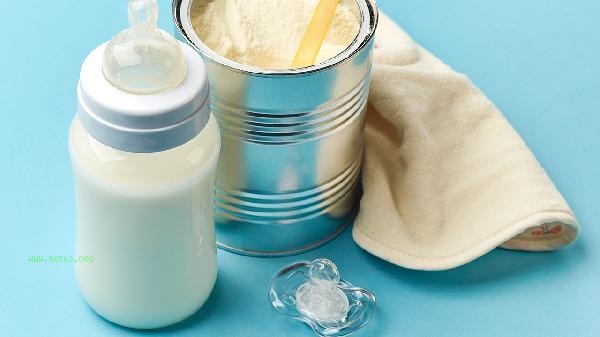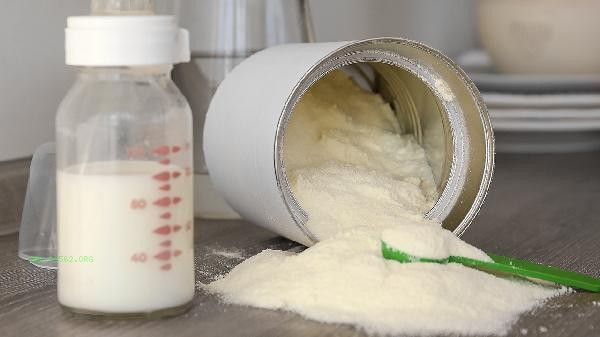Overeating desserts can be remedied by increasing water intake, supplementing dietary fiber, moderate exercise, adjusting subsequent dietary structure, and psychological regulation. Excessive sugar intake may lead to blood sugar fluctuations, gastrointestinal discomfort, and other problems. Timely intervention can reduce the negative impact on the body.

1. Increase moisture:
Immediately drink 500-1000 milliliters of warm water to promote metabolism, and a small amount of lemon juice can be added to the water to help break down sugar. Supplement 200 milliliters of water per hour for 6 hours to accelerate kidney excretion of excess sugar. Avoid adding burden to sugary drinks.
2. Fiber supplementation:
Consuming high fiber foods such as 200 grams of cold mixed okra or half a raw carrot can delay sugar absorption. Amorphophallus konjac powder is brewed and drunk to form gel to wrap the intestinal sugar. It is recommended to eat 300g of non starch vegetables in two meals.
3. Moderate exercise:

Engage in aerobic exercise such as brisk walking or swimming for 45 minutes within 24 hours, maintaining a heart rate in the range of 220 age x 60%. Supplement electrolyte water after exercise to avoid exacerbating the body's stress response during high-intensity training.
4. Dietary Adjustment:
For the next 48 hours, adopt a low glycemic index diet and pair each meal with high-quality protein such as eggs and fish. Replace white rice with mixed grain rice and change the cooking method to steaming and boiling. Dinner should be completed before 6:00 pm to give the digestive system sufficient rest time.
5. Psychological regulation:
Record the triggers of binge eating to avoid recurrence, and adopt mindfulness based eating methods to focus on the eating process. Establishing a reward mechanism for moderate desserts once a week, excessive suppression can easily lead to retaliatory eating.

Avoid extreme dieting or emetic behavior during the remedial period and continuously monitor changes in blood sugar. Long term and frequent overeating of desserts requires investigation of metabolic issues such as insulin resistance. Establish regular three meal habits, replace processed sweets with fresh fruits, and reduce high sugar snack reserves in the kitchen. Cultivate alternative pleasurable activities such as dancing and painting to reduce psychological dependence on sugar from the root. Weight recovery should be gradual, with a weekly weight loss of no more than 1% of total weight.




Comments (0)
Leave a Comment
No comments yet
Be the first to share your thoughts!